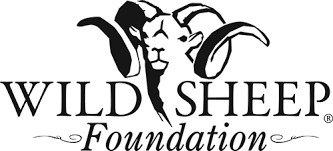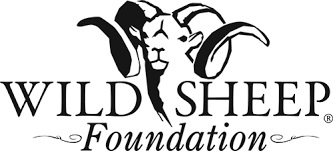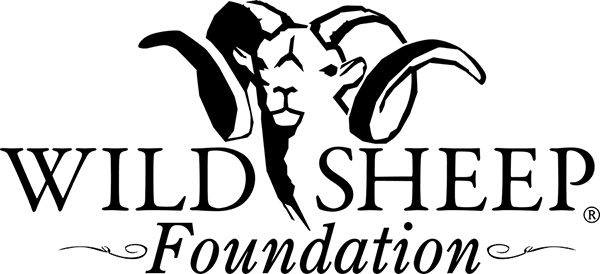WSF: Colorado Proposition 127, a Wake-Up Call
Bozeman, Montana. Colorado’s Proposition 127, which would have banned hunting mountain lions, bobcats, and lynx, failed at the ballot box. The Wild Sheep Foundation applauds the efforts of all those who stepped up and supported those who worked tirelessly to defeat this misguided anti-wildlife measure but cautions that scientific wildlife management that works for people and wildlife still has a target on its back.
“As an organization committed to ensuring that the most successful model for wildlife conservation devised by man continues to pay dividends, we’re pleased that the citizens of a state turned out to defeat this measure,” said Gray N. Thornton, President and CEO of the Wild Sheep Foundation. “Still, we’re concerned that conservation, which means properly managing the entire ecosystem, not just one species, and the proud traditions of regulated hunting that supports this system will continue to be under attack. Our other concern is that while some did, not enough sportsmen, other conservation organizations, and companies that depend on sportsmen and public hunting engaged in defeating this initiative. Our community must remain vigilant and proactive.”
In September, the Wild Sheep Foundation contributed $100,000 to Colorado’s Wildlife Deserve Better to help in their fight to defeat this ballot initiative.
Proposition 127 was marketed as the “Stop the Trophy Hunting of Mountain Lions” campaign. Out-of-state animal rights and anti-hunting groups funded the marketing campaign to get the Proposition on the November ballot and sway public support for its passage.
“These anti-groups have gotten more sophisticated,” explained Corey Mason, WSF’s COO and Executive Vice President of Conservation. “They have graduated from protests and bumper sticker campaigns. They are now working from the inside out and the top down using the ballot process and stacking state game commissions with those who lean toward the belief that wildlife is better off left to themselves, doesn’t need to be managed, and that regulated hunting has no place in conservation. The marketing for this proposition was not based on the welfare of mountain lions or the wildlife they prey upon but on how hunters used hounds to hunt them. Of course, the impacts of unmanaged mountain lion populations on deer, other wildlife, and public safety were conveniently hidden from the conversation. Unfortunately, we’ll see these tactics used again. It’s now a successful business model.”
Colorado Parks & Wildlife has stated that managing mountain lions and bobcats with harvest is a management tool to maintain more stable populations. Hunting mountain lions and bobcats is highly regulated and does not negatively affect their population stability or abundance. Mountain lion populations in the state have increased, not decreased, since hunting was first introduced in 1965.
“I get it,” Thornton concluded. “Sportsman by nature are true conservationists, not antagonists. We appreciate wild places and wild things and the opportunity to obtain our own food from nature. We also understand that hunting plays a crucial role in maintaining a balance between predator and prey, which is essential for the durable health of all wildlife populations. We also appreciate that hunting isn’t for everyone. We don’t go out of our way to force our outdoor lifestyle on others or try to divide people with the notion that if we remove man from the equation, animals won’t die, and nature will simply take care of itself. Continuing to sit on the sidelines thinking that hunting’s future is secure or that this won’t happen in my state is what these anti-groups are counting on. Sportsman might be a minority, but our history of driving successful conservation speaks for itself. We can no longer pretend that it will speak for itself.”





